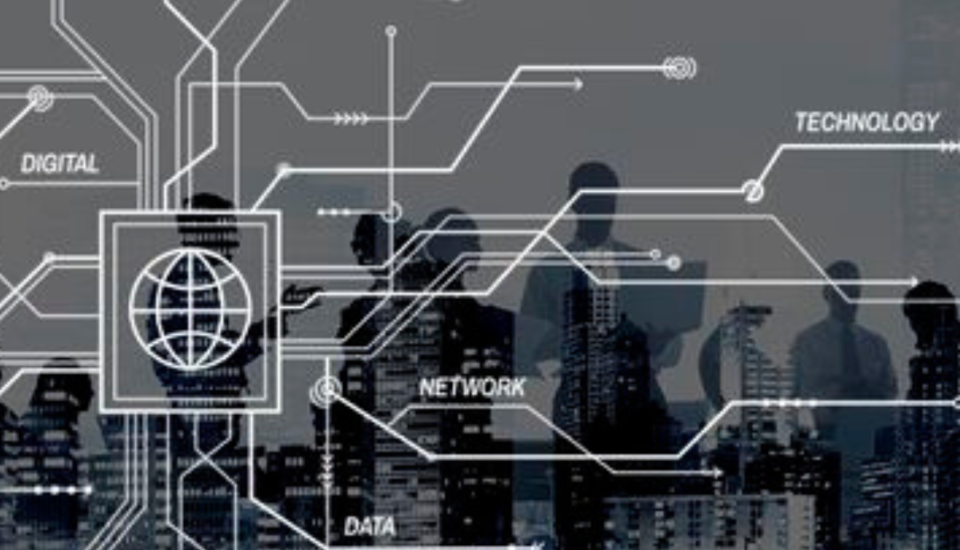
Decision Making With Unintended Consequences
Collins (2012) discusses Kohlbergs stages of moral development, pointing out that “people progress through a continuum” of stages and that some “might stop progress at any point.” I believe the stage of development feeds into the results identified in the Law of Unintended Consequences. If an individual has not matured to a higher level of cognitive reasoning such as that found in the postconventional level of Kohlbergs stages, then the results of their decision making processes will more than likely have lose ethical basis and a higher probability of resulting in negative consequences. On the other hand, an individual who has progressed to this stage is more than likely going to think through “mutually agreed upon human rights” as well as “abstract universal ethical principles” which will often lead to a clearer understanding of decision outcomes and consequences.
Georgette,
Interesting comments!
All,
Are good ethical decisions directly related to the maturity of an individual or not?
Professor Green
I don’t see ethical decisions directly related to maturity of an individual because of nature. Individuals by nature sense good and bad ethics. Collins (2012) stated, “Individuals often express a “gut” feeling or moral intuition that something is right or wrong, although they are unable to articulate the reasoning that led to their moral conclusion.” Age doesn’t seem to have a defining factor. I have seen young children make ethical decisions that would normally be seen in much older or matured individuals. On the other hand, I have seen many matured educated professional individuals make some of the worst decisions they could have made. Their decisions were made based on how those decisions would benefit themselves. Bottom line ethical and unethical decisions can be made at any age and the maturity of the individual has no bearing.
Paul,
OK! Point well taken! Ever heard of ‘an educated fool?’
Professor Green
[…] As the clock strikes midnight, the world once again brings in another new year with anticipation. For many people, the last several years have been filled with financial crisis and personal turmoil. With the realities of … […]






31 Comments
Reblogged this on Unique Dress.
Ethical Behaviors
As a past Senior Noncommissioned Officer I have dealt with issues that were unethical and completely irresponsible. For instance, young impressionable new military members failing to complete without errors aircraft preflight checks and then signing off as if it was accomplished.
First of all, I must mention a senior mechanic is always on duty and double checks everything to ensure compliance. Sometimes triple checks when new troops are involved. But what about the individual that fails to do the job he is in trusted with. What do you do? You can council him, write him up and even give him remedial training.
However, the problem is within the individual. What makes him cut corners when the lives of others are dependent on him doing his job? Collins (2012) states, “Government agencies are not immune.” This is in its self a scary thought. The code of ethics and accountability are stringent and must be adhered to no matter what level of employment your working at.
From my experience, it takes an aircraft accident or the termination of employment to force some individuals to comply with mandated codes. How do you hire the right people for the right job the first time?
Collins, D. (2012). Business Ethics: How to design and manage ethical organizations. Hoboken, NJ: Wiley.